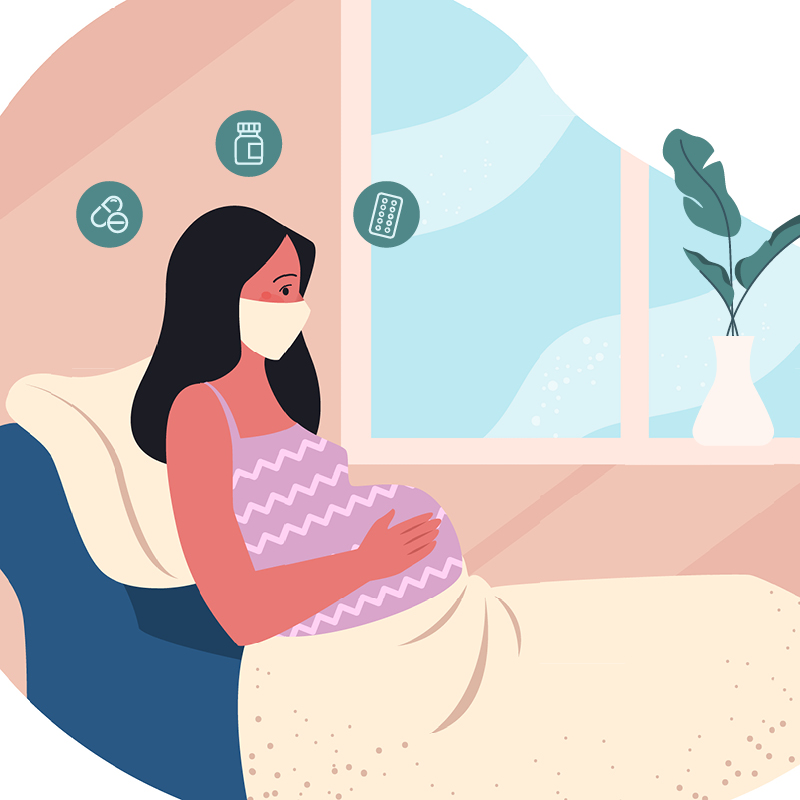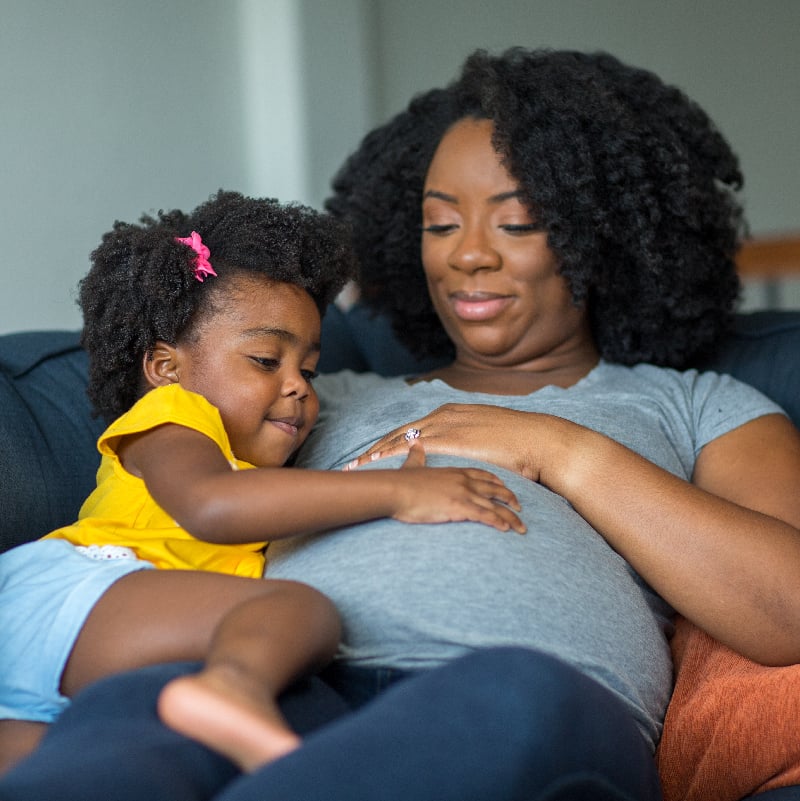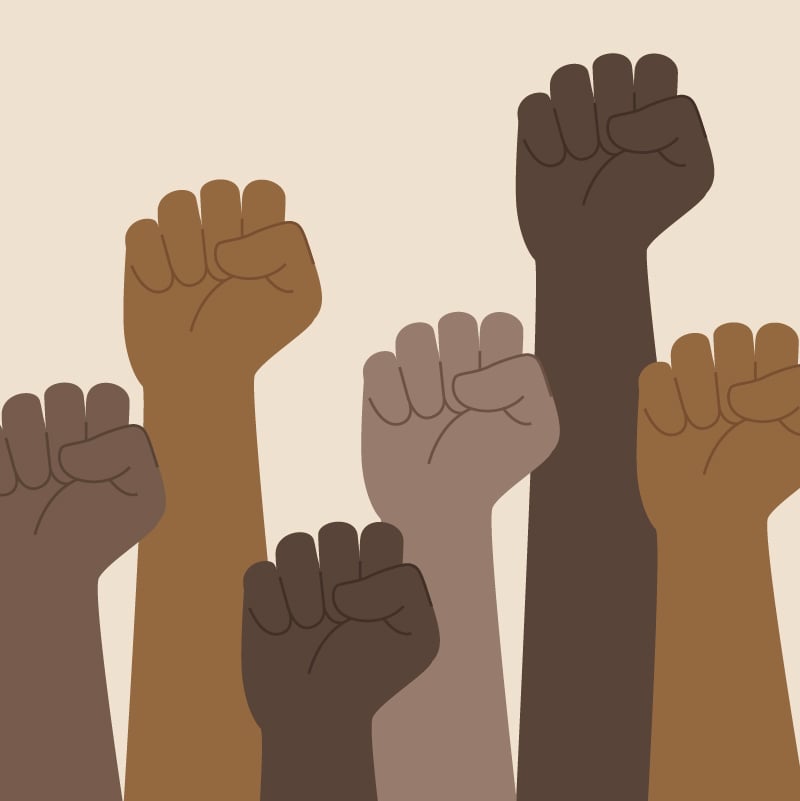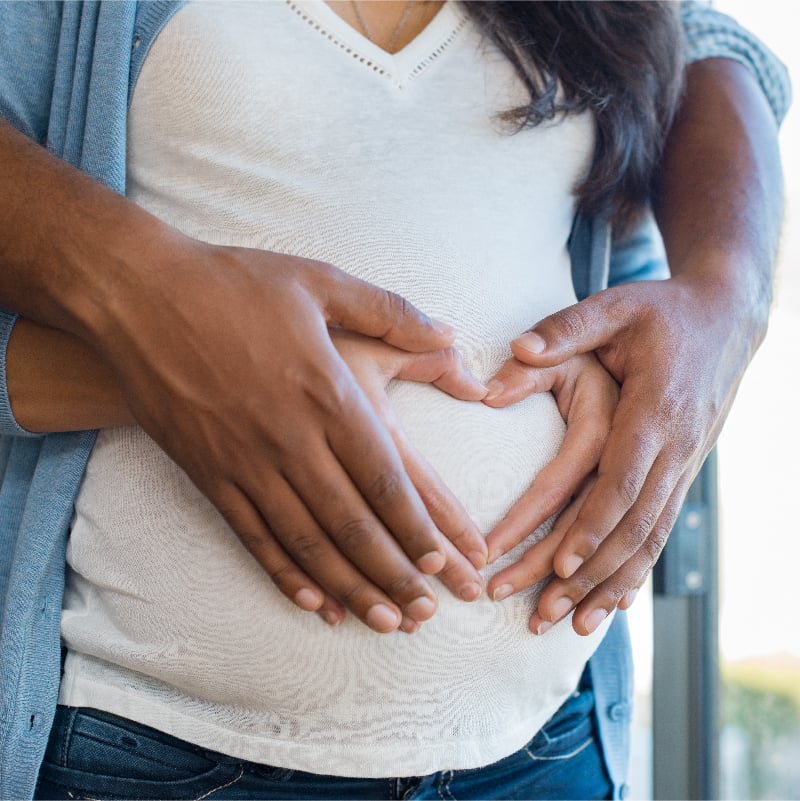African American women are 60 percent more likely to suffer from preeclampsia while pregnant – and develop severe preeclampsia – compared to white women in the United States, according to the Agency for Healthcare Research and Quality.
In addition to being a serious health complication on its own, the American Heart Association reports preeclampsia also puts women at a higher risk for heart disease in the future.
To help more African American women recognize the risks and symptoms of preeclampsia, we asked Elizabeth Bostock, MD, Chair of Obstetrics & Gynecology at Rochester General Hospital, for her expertise.
What is preeclampsia?
Preeclampsia is a condition defined as high blood pressure during pregnancy, which is 140/90 or higher. According to the Preeclampsia Foundation, between 5-8 percent of all pregnancies are affected by the health condition.
Diagnosed after 20 weeks of pregnancy, women with preeclampsia may experience symptoms such as:
- Headaches
- Chest pain
- Shortness of breath
- Abdominal pain
- Swelling in extremities (edema)
- Vision changes
- Elevated protein levels in urine
- Kidney or liver dysfunction
“If no treatment is sought, preeclampsia can progress rapidly and significantly increase the risk of serious health complications – including stroke, heart disease, and maternal and infant death,” Dr. Bostock said.
Risk factors for preeclampsia
Regardless of race or ethnicity, risk factors for preeclampsia include:
- First pregnancy
- Multiple pregnancy (twins, triplets, etc.)
- Age 35 and older
- Family history or preeclampsia
- Obesity
- Diabetes
- High blood pressure
- Kidney disease
- Autoimmune disorders (e.g., lupus)
Treatment and improving patient outcomes
Preeclampsia is best treated by delivering the baby. Most providers recommend patients with preeclampsia deliver their infant at 37 weeks to reduce the risk to both mother and baby. If preeclampsia develops earlier, and is severe, the baby may need to be delivered earlier.
Efforts to prevent preeclampsia can improve – and even save – the lives of African American women. The Preeclampsia Foundation suggests helping African American women better advocate for themselves and their babies by expanding access to perinatal and postpartum care. Ensuring that all people have equity in getting the care they need helps the health of the community as a whole.
The practice of continuously engaging with patients and incorporating their feedback and data into future models of care is another way to ensure African American women and their babies will have better health outcomes. Improving data collection and reporting will help to highlight needs that must be met and ultimately raise the standard of healthcare for all women.
“Health disparities in general and specifically in maternal child health, are a public health crisis,” Dr. Bostock said. “Health systems partnering with the community to provide education, transparent reporting and an ongoing conversation about solutions will help us move toward health equity and justice.”









